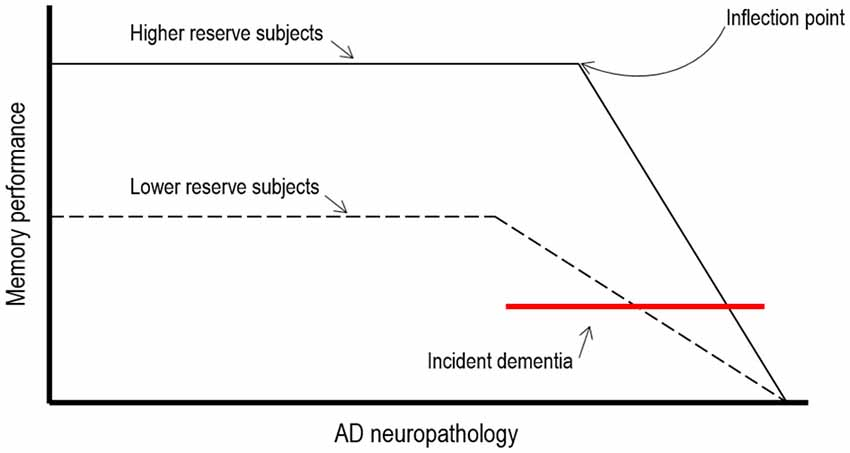This post is also available in Dutch .
We all grow older, every day. With the advances in modern health care, many live longer and healthier lives, resulting in a steady increase in global life expectancy. However, this longevity also comes with a rise in dementia-related cognitive decline in the growing elderly population. However, research suggests we can all actively prepare our brains for healthy aging by strengthening our cognitive reserve.
What is cognitive reserve?
According to the theory of cognitive reserve, individuals can accumulate a reserve of cognitive abilities throughout their lifetime, which helps protect them against or compensates for the declines associated with brain aging and disease. This built-up mental reserve can be drawn from when needed later in life, for example when brain neurons are damaged during Alzheimer’s disease.
Shielding cognitive functioning from disease and deterioration
The idea of cognitive reserve emerged after discovering that brain pathology does not always equal poor cognitive functioning. In a study, older volunteers took various cognitive tests over many years and donated their brains to science after they died. Surprisingly, some people had signs of Alzheimer’s disease in their brains but showed no problems on the cognitive tests. How is this possible? Neuroscientist Yaakov Stern explained that individuals could still function well despite their neuropathology due to the reserve they built up throughout their lifetime. This allows them to use their neural resources more efficiently, so they are less affected when these resources decline. As a result, even when they develop Alzheimer’s, their cognitive function stays normal longer compared to someone with a lower cognitive reserve.

Building up your minds reserve: Education, Occupation and Lifestyle
Since the discovery of cognitive reserve, it has been found that it can explain differences in cognitive functioning not only for Alzheimer’s disease, but also multiple sclerosis, Parkinson’s disease, recovery from stroke, and normal cognitive aging as we will all experience it. So, it is definitely a good idea to build your cognitive reserve!
Cognitive reserve is influenced by a variety of factors, including years and levels of education, an engaging job, and regular mentally stimulating activities. These can be anything like learning a new skill, practicing mindfulness, or engaging in games that challenge your reaction time or memory (like crossword puzzles). Lifelong learning and intellectual engagement promote neural plasticity—the brain’s ability to adapt and reorganize itself. For instance, bilingualism has been shown to delay the onset of Alzheimer’s symptoms by several years, illustrating the protective effects of cognitive reserve. Next to engaging in everyday activities and mentally stimulating hobbies, physical activity is another factor that can contribute to long-term brain health.
It is never too late to start preparing your brain for aging, so start flexing those mental or physical muscles and pick up a new hobby, learn a new language, or join a sports club!
Credits
Author: Helena Olraun
Buddy: Vivek Sharma
Editor: Swantje Neil
Translation: Maartje Koot
Editor translation: Lucas Geelen
Photo by Alexandra Lowenthal on Unsplash
